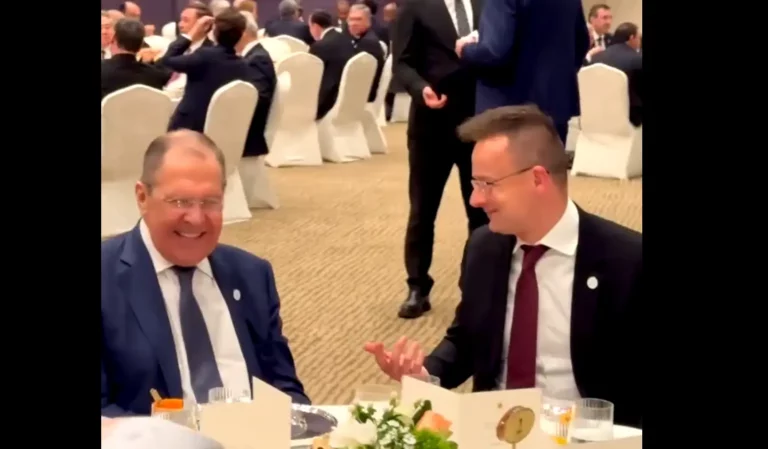Türkiye
Turkish fashion brand Koton enters Hungary with 8 new stores

Vacation delayed by 2 days: Budapest-Antalya flight takes off with 40-hour delay

Hungarian-Turkish cultural season at halfway point

Hungarian military receives another 13 Gidran armoured vehicles

Turkish-Hungarian cultural season features 70 events in Hungary

Hungary is one of the best choices for tourists concerning purchasing power

Turkish Cuisine Week celebrated in Budapest – PHOTOS, VIDEO

PHOTOS: World-known Medieval Turkish poet’s statue unveiled in Hungary

‘New airline’ carries passengers from Budapest to this exotic Mediterranean metropolis

Attention: Change in Turkish low-cost airline flying from Budapest to Istanbul

Iran beyond Persians: relations between azerbaijani turks and kurds

Istanbul is now available from two Hungarian cities with direct Wizz Air flights

5th Budapest LNG Summit: ideologies are not important when it comes to the energy business, says minister

Official: gas supplies from Türkiye to Hungary to start in April

Bilateral talks with Moldova, Panama, Uzbekistan, Mali in Türkiye

FM Szijjártó happily laughing with Russian FM Lavrov on the day of Navalny’s burial

PM Orbán travels to Florida to meet Trump, Chinese President Xi may visit Budapest – UPDATED

PM Orbán invited by President Erdogan to share his thoughts on international forum





 ZH
ZH IT
IT DE
DE HR
HR NL
NL FR
FR JA
JA RO
RO RU
RU ES
ES TR
TR
